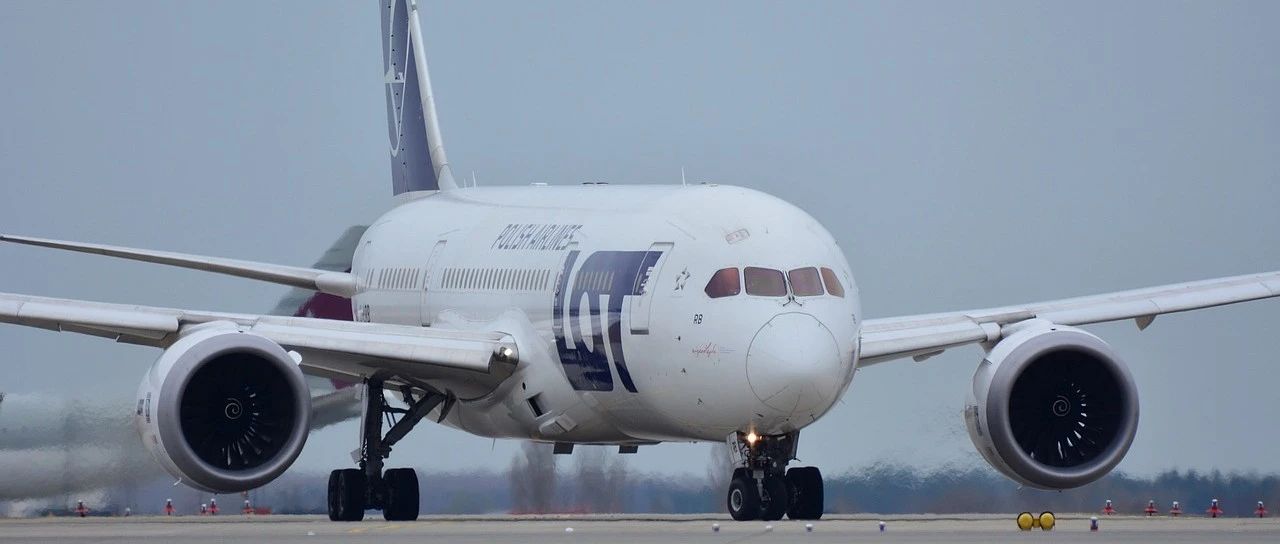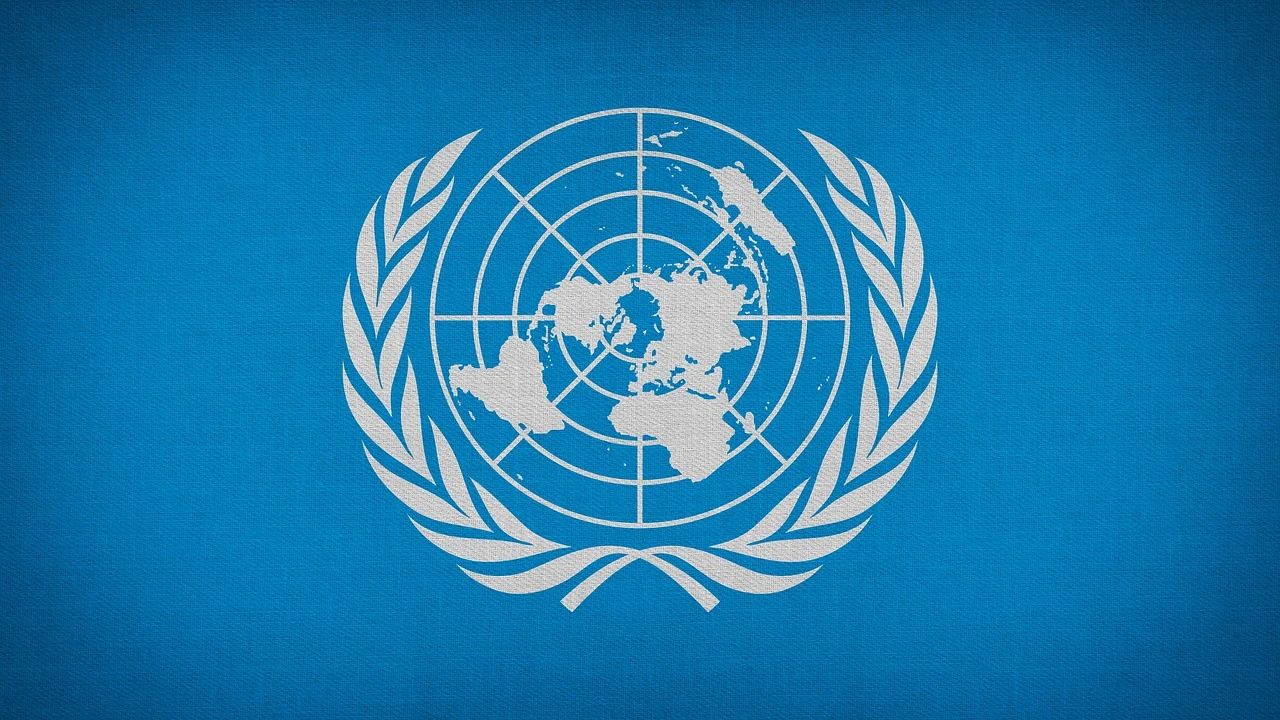The EU's long-term budgetary pressure is increasing; Malaysia plans to completely ban smoking!
NO.1, German media: EU long-term fiscal budget pressure increases

According to a recent report by the German Handelsblatt, due to multiple crises such as rising interest rates, the Ukraine crisis, immigration and energy supply shortages, the pressure on the EU's long-term fiscal budget is increasing. The article stated that without future cuts in mandatory spending, the EU can no longer provide funds for important new initiatives.
The report pointed out that after the new crown epidemic, many problems have overwhelmed the EU's financial resources. EU budgetary reserves are "almost depleted" and the remaining billions of euros have long been planned for use, while Europe's challenges continue to mount and the EU's capacity to act is weakening.
NO.2, the Bank of Canada resumed the pace of interest rate hikes

After announcing a 3-month suspension of rate hikes, the Bank of Canada resumed rate hikes on June 7, raising the benchmark interest rate, the overnight lending rate, by 25 basis points from 4.5% to 4.75%. This is the highest interest rate level in Canada since June 2001.
The Bank of Canada said inflation levels are falling globally, largely reflecting lower energy prices, but underlying inflation remains stubbornly high. Central banks in major economies are signaling that interest rates may have to rise further to restore price stability.
NO.3. Malaysia plans to completely ban smoking for citizens born after 2007

Malaysian Health Minister Zaliha recently announced that the Malaysian government will submit the "Public Health Tobacco Product Regulation Bill 2023" to Congress.
The bill stipulates that Malaysian citizens born after January 1, 2007 are prohibited from purchasing and using traditional cigarettes and electronic cigarettes.
Zaliha said the Cabinet meeting had expressed support for the bill, which will be tabled in the House of Commons for first reading on June 12. If the first reading is passed, the health department will consult with the relevant responsible person in Congress for the next step in the legislative process.
NO.4, Boeing 787 has new defects or delayed delivery

Boeing recently issued a statement saying that it is inspecting Boeing 787 airliners in stock because a component on its horizontal stabilizer does not meet the requirements. Boeing will fix the problematic planes before delivery.
According to media reports, this is a new defect discovered by Boeing on the 787 passenger plane, which may delay the delivery speed of the 787 passenger plane.
The 787 series is the latest generation of twin-aisle airliners under Boeing. It is named "Dreamliner" to reflect its use of more advanced technologies in manufacturing materials, processes and designs to achieve the goal of "high efficiency and low fuel consumption". The first 787 was delivered in 2011, but starting in the late summer of 2020, due to manufacturing defects and other issues, Boeing has repeatedly suspended delivery.
NO.5. Five countries elected as non-permanent members of the United Nations

The 77th UN General Assembly recently held a plenary meeting at UN Headquarters in New York and elected Sierra Leone, Algeria, South Korea, Guyana, and Slovenia as non-permanent members of the Security Council for a two-year term starting from January 1, 2024.
According to the principle of regional rotation, the seats for this election are 2 seats in the African region, 1 seat in the Asia-Pacific region, 1 seat in the Eastern European region, and 1 seat in the Latin America and the Caribbean region. Except for the Eastern European regional group, the candidate countries in the remaining groups have no competitors.




















